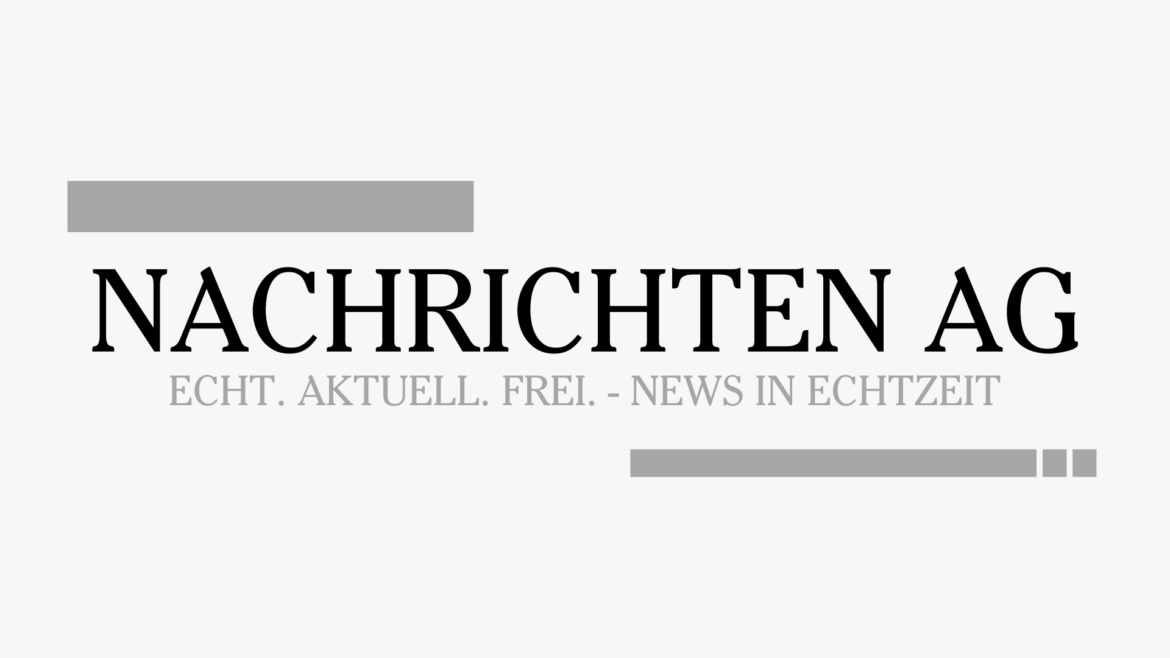
Fluorochemicals, also known as PFAS (Per- and polyfluoroalkyl substances), are a group of chemical compounds that contain stable carbon-fluorine bonds. More than 10,000 substances fall under this category, as highlighted by the Verbraucherzentrale. These substances are suspected of being carcinogenic, affecting thyroid and hormone functions, reducing the effectiveness of vaccines, and posing risks to liver and fertility. They can contaminate the environment through water and fat, leading to pollution even in remote regions like the Antarctic or isolated mountain areas.
In Baden-Württemberg, near a city of 50,000 inhabitants, around 480 hectares of former farmland are likely contaminated with these toxins due to years of fertilization. The substances have seeped into the groundwater and drinking water, resulting in elevated levels detected in the local population. PFAS are utilized in various products like baking paper, disposable cups, fast-food packaging, fire extinguishers, dental floss, and more.
Recent studies have shown the presence of fluorochecmicals in supposedly environmentally friendly products like paper straws, sugar cane, and wheat. This inadvertent contamination occurs through detached coatings, with disposable tableware labeled as ‚compostable‘ being particularly affected. The danger of these substances spreading through recycling into the environment poses a significant risk.
There is no mandatory labeling for PFAS in products, making it challenging for consumers to identify them. Typically, they are present in non-stick coatings or water- and oil-repellent products. A small drop of cooking oil that remains on the surface without being absorbed can indicate the presence of PFAS. Calls have been made by consumer protection agencies and environmental groups for a complete ban on the entire group of substances, stressing the need for a universal PFAS restriction by 2030. However, resistance from German industrial associations highlights the challenges of finding alternative substances with similar properties to replace PFAS. Until a consensus is reached, the Verbraucherzentrale recommends using glass or metal straws and personal containers for convenient food storage.

